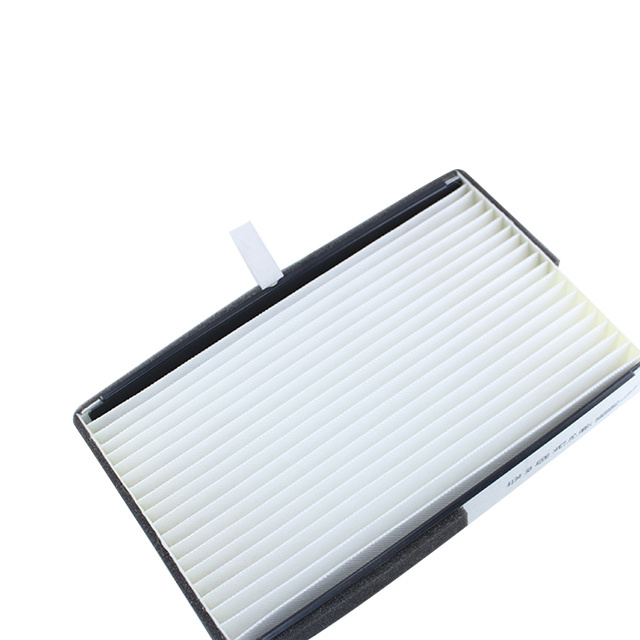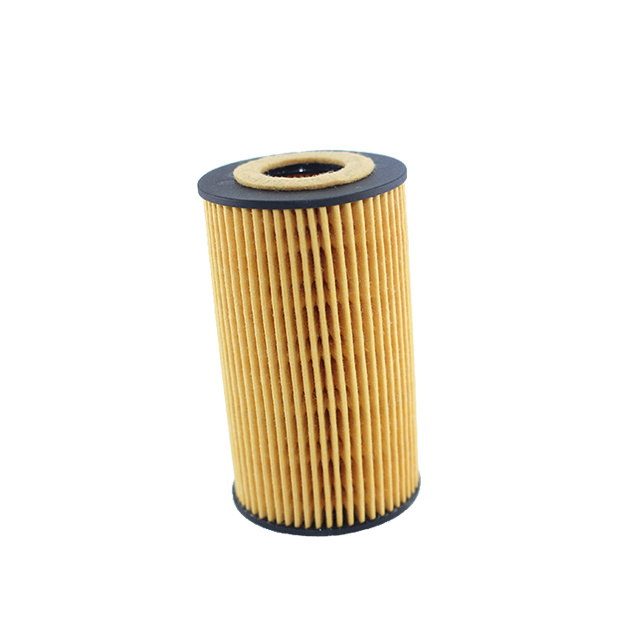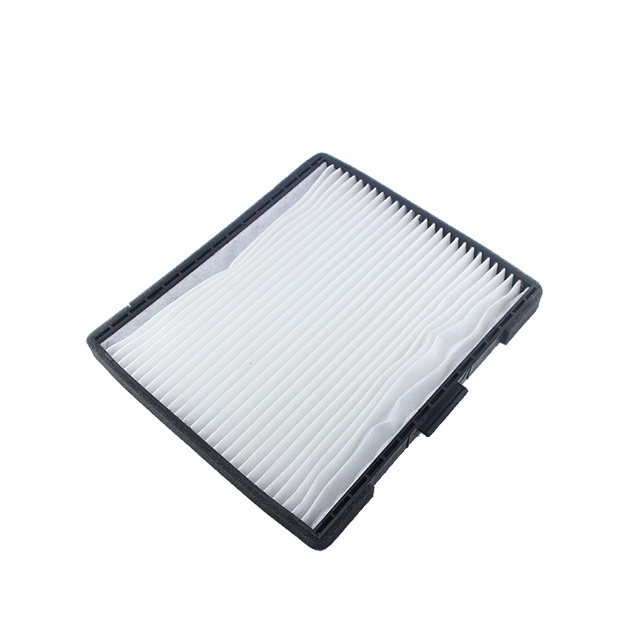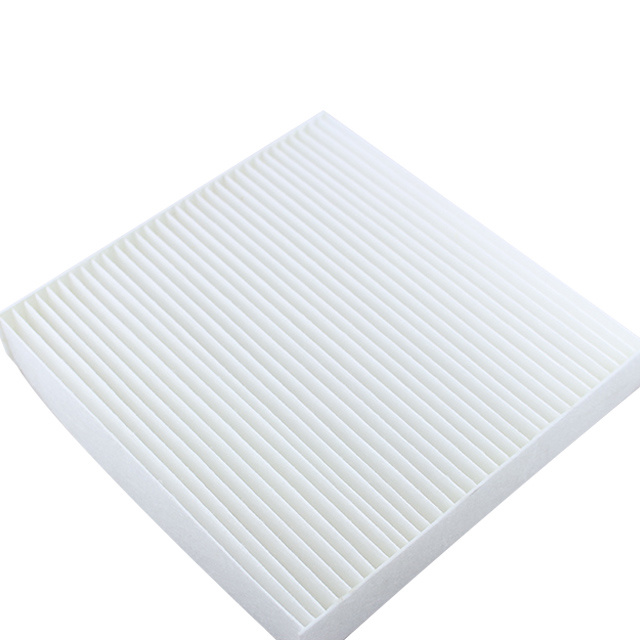Focus On Hot Spots
Contact Info
E-mail: txgs@taixifilter.com
Manager Xu: +86-15097925576
Manager Feng: +86-15803195413
Address: North side of Caiyuan Village, Gexianzhuang Town, Qinghe County, Xingtai City, Hebei Province (No. 250)
Understanding the Role of Air Conditioning Filters in Automotive Cooling Systems
Release Time:
Aug 12,2025
Understanding the Role of Air Conditioning Filters in Automotive Cooling Systems Table of Contents 1. Introduction to Air Conditioning Filters 2. The Importance of Automotive Cooling Systems 3. Types of Air Conditioning Filters 3.1 Cabin Air Filters 3.2 Engine Air Filters 4. How Air Conditioning Filters Work 5. Maintenance of Air Conditioning Filters 5.1 Signs Your Filter Needs Replacement 5.2 How
Understanding the Role of Air Conditioning Filters in Automotive Cooling Systems
Table of Contents
1. Introduction to Air Conditioning Filters
2. The Importance of Automotive Cooling Systems
3. Types of Air Conditioning Filters
3.1 Cabin Air Filters
3.2 Engine Air Filters
4. How Air Conditioning Filters Work
5. Maintenance of Air Conditioning Filters
5.1 Signs Your Filter Needs Replacement
5.2 How to Change Your Air Conditioning Filter
6. Benefits of Using Quality Air Conditioning Filters
7. Common Misconceptions About Air Conditioning Filters
8. Frequently Asked Questions (FAQs)
9. Conclusion
1. Introduction to Air Conditioning Filters
In the realm of automotive engineering, the air conditioning filter may not be the most glamorous component, yet it plays an indispensable role in maintaining vehicle performance and passenger comfort. The filter is a crucial element of both the air conditioning and cooling systems, ensuring that clean and efficient airflow is maintained throughout the car's interior. In this article, we will delve deep into the mechanics of air conditioning filters, their types, maintenance, and overall importance to automotive cooling systems.
2. The Importance of Automotive Cooling Systems
Automotive cooling systems are designed to regulate the engine's temperature, preventing overheating and ensuring optimal performance. These systems cool the engine by circulating coolant through it, absorbing heat, and transferring it to the air or radiator. **Air conditioning filters** contribute to this process by ensuring that only clean air enters the system, enhancing the overall efficiency of the vehicle's cooling mechanisms.
3. Types of Air Conditioning Filters
Understanding the different types of air conditioning filters is essential for effective maintenance and replacement.
3.1 Cabin Air Filters
Cabin air filters are responsible for filtering the air that enters the vehicle's interior through the heating, ventilation, and air conditioning (HVAC) system. They trap dust, pollen, and other airborne pollutants, ensuring that passengers breathe clean air. A clean cabin air filter can lead to better air quality within the vehicle, providing a healthier environment for occupants.
3.2 Engine Air Filters
Engine air filters serve a different purpose; they prevent dirt and debris from entering the engine's intake system. A clean engine air filter ensures that the engine receives an optimal amount of air for combustion, which is vital for fuel efficiency and engine performance.
4. How Air Conditioning Filters Work
Air conditioning filters work by trapping particulates and contaminants before they can enter the engine or the cabin of the vehicle. When the air conditioning system is activated, air is pulled through the filter, which captures unwanted particles. This process not only protects the components of the system but also enhances the quality of the air that passengers breathe.
5. Maintenance of Air Conditioning Filters
Regular maintenance of air conditioning filters is crucial for the longevity of the automotive cooling system.
5.1 Signs Your Filter Needs Replacement
Recognizing the signs that your air conditioning filter needs replacement is key to maintaining your vehicle's performance. Common indicators include:
- Unpleasant odors: A musty or foul smell inside the vehicle can indicate a clogged filter.
- Reduced airflow: If you notice that the air isn't blowing as strongly as it used to, it may be time to check the filter.
- Increased dust accumulation: An increase in dust settling inside the vehicle suggests that the filter is no longer effectively trapping particles.
5.2 How to Change Your Air Conditioning Filter
Changing your air conditioning filter can be a straightforward process. Here’s how we recommend doing it:
1. Locate the filter: Refer to your vehicle’s manual to find the location of the cabin air filter and engine air filter.
2. Remove the old filter: Carefully take out the old filter, noting its orientation for the new filter.
3. Install the new filter: Insert the new filter in the same orientation as the old filter.
4. Close everything up: Ensure that all components are secured back in place.
Regular inspections and timely replacements can significantly enhance the efficiency of both your HVAC and engine systems.
6. Benefits of Using Quality Air Conditioning Filters
Investing in high-quality air conditioning filters can bring numerous advantages:
- **Enhanced Air Quality**: Quality filters trap a greater amount of pollutants, allergens, and dust, improving air quality for all passengers.
- **Improved Fuel Efficiency**: A clean engine air filter contributes to better fuel combustion, which can lead to improved fuel economy.
- **Longer Lifespan of Vehicle Components**: Preventing debris from entering the engine and HVAC systems ensures that these components operate smoothly and have a longer life.
7. Common Misconceptions About Air Conditioning Filters
Several misconceptions surround air conditioning filters that can lead to improper care and maintenance.
One common myth is that cabin air filters are only necessary during allergy season. In reality, these filters should be replaced regularly regardless of the season because pollutants can accumulate year-round.
Another misconception is that air conditioning filters don’t affect engine performance. In fact, a clogged engine air filter can significantly impair engine efficiency, leading to decreased performance and increased fuel consumption.
8. Frequently Asked Questions (FAQs)
What is the typical lifespan of an air conditioning filter?
The lifespan of an air conditioning filter generally ranges between 12,000 to 30,000 miles, depending on driving conditions and usage. Regular inspections are recommended.
Can I clean my air conditioning filter instead of replacing it?
While some types of filters can be cleaned, most should be replaced to ensure optimal performance. Always refer to your vehicle’s manual for specific guidance.
How often should I check my air conditioning filter?
It’s advisable to check your air conditioning filter every 6 months or during routine oil changes to ensure it’s clean and functioning properly.
Are there benefits to using HEPA filters in vehicles?
Yes, HEPA filters can trap smaller particles than standard filters, improving air quality in the cabin and providing additional protection against allergens and pollutants.
What should I do if I notice a burning smell when using the air conditioning?
A burning smell may indicate a serious issue. It is crucial to turn off the air conditioning and have the vehicle inspected by a qualified technician immediately.
9. Conclusion
Understanding the role of air conditioning filters in automotive cooling systems is essential for maintaining vehicle performance and ensuring passenger comfort. By investing time in proper maintenance, timely replacement, and understanding the different types of filters available, we can significantly enhance our vehicles' efficiency and longevity. Remember, a clean air filter is not just about comfort; it’s about ensuring a safe and enjoyable driving experience. Keep your vehicle running smoothly by prioritizing your air conditioning filters today!
Key words:

















